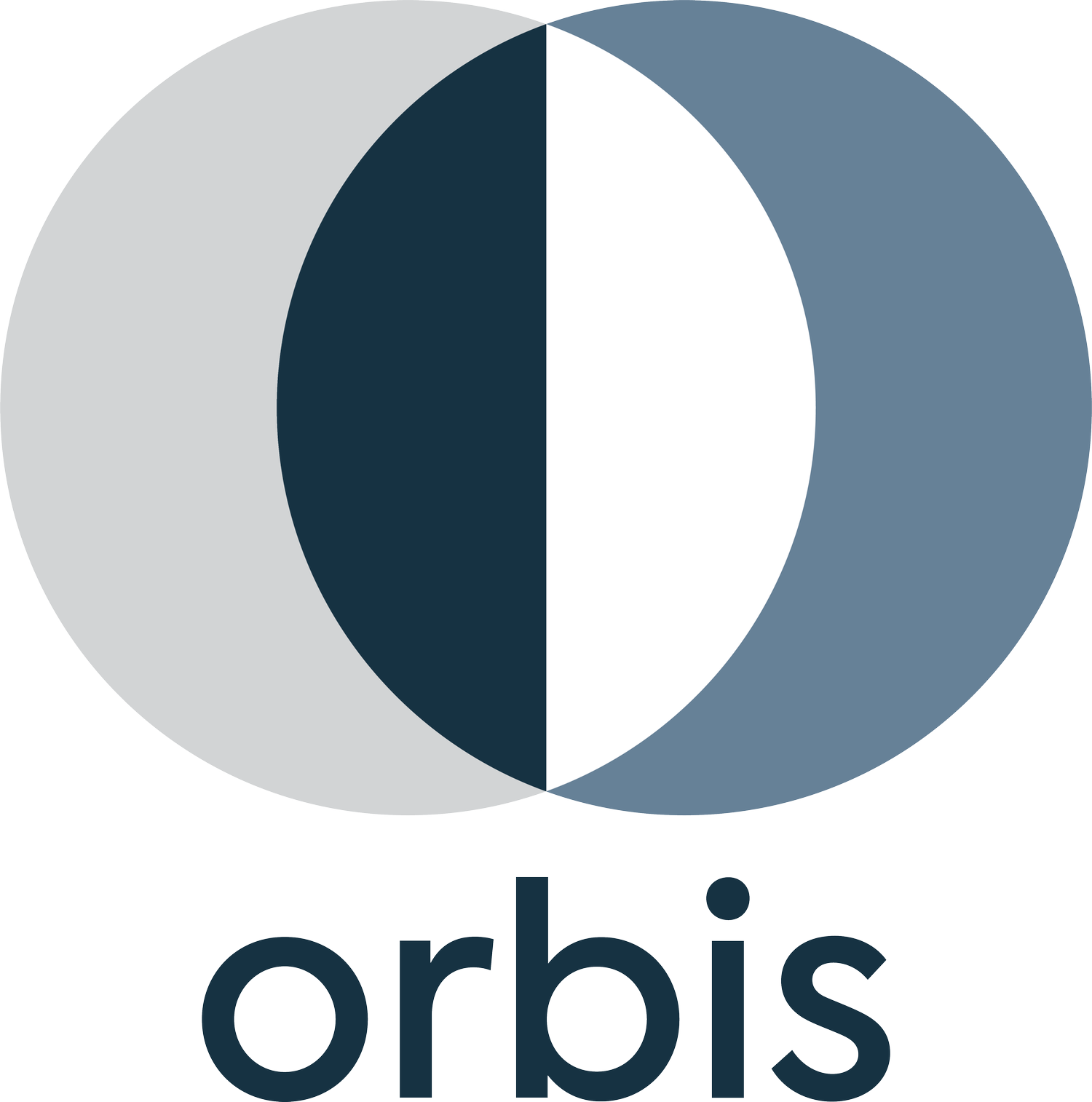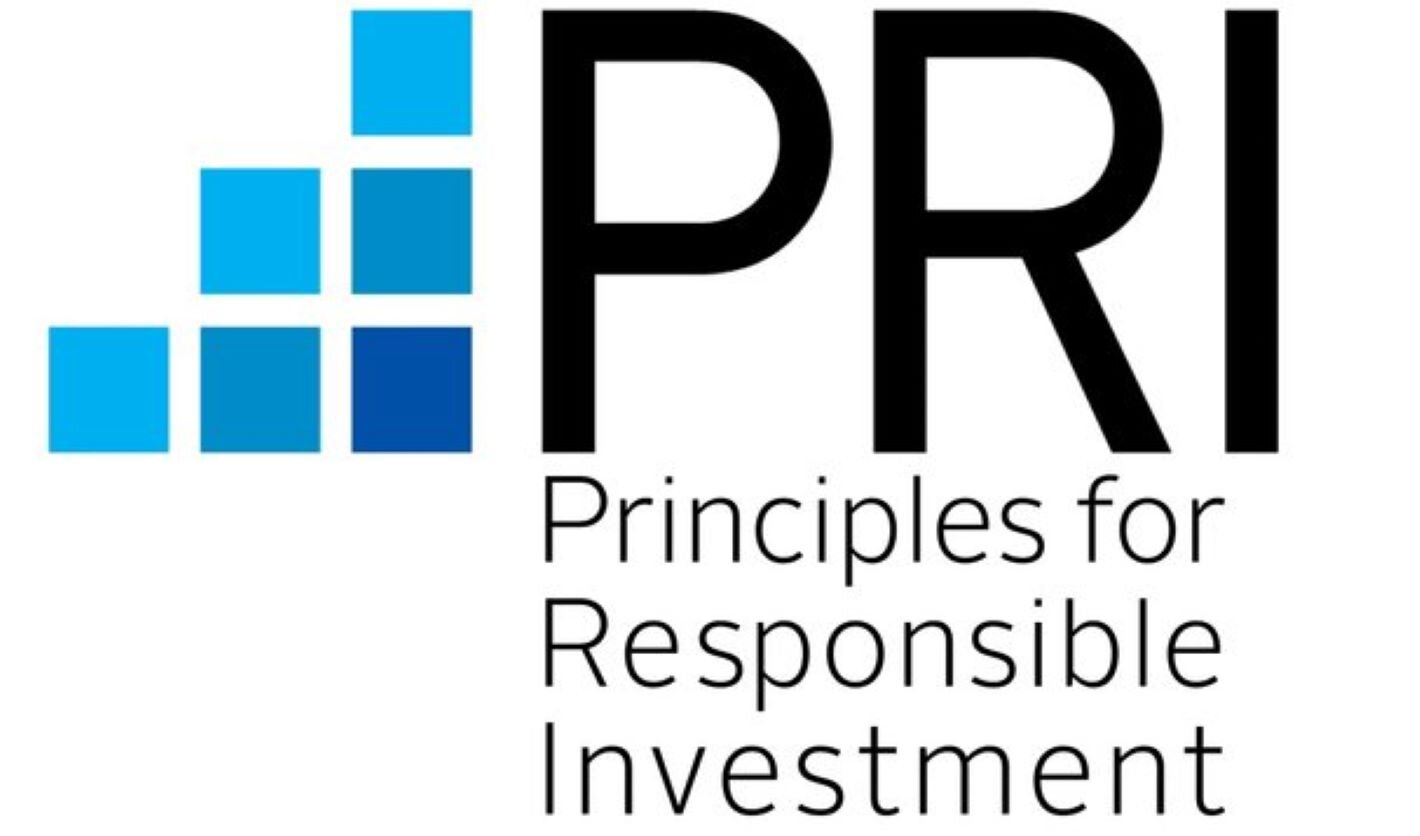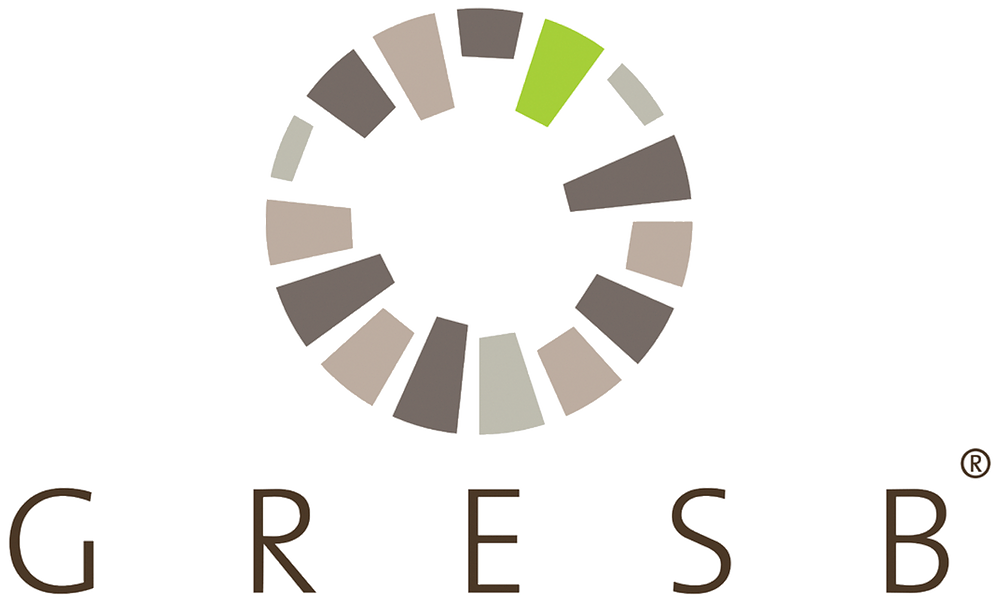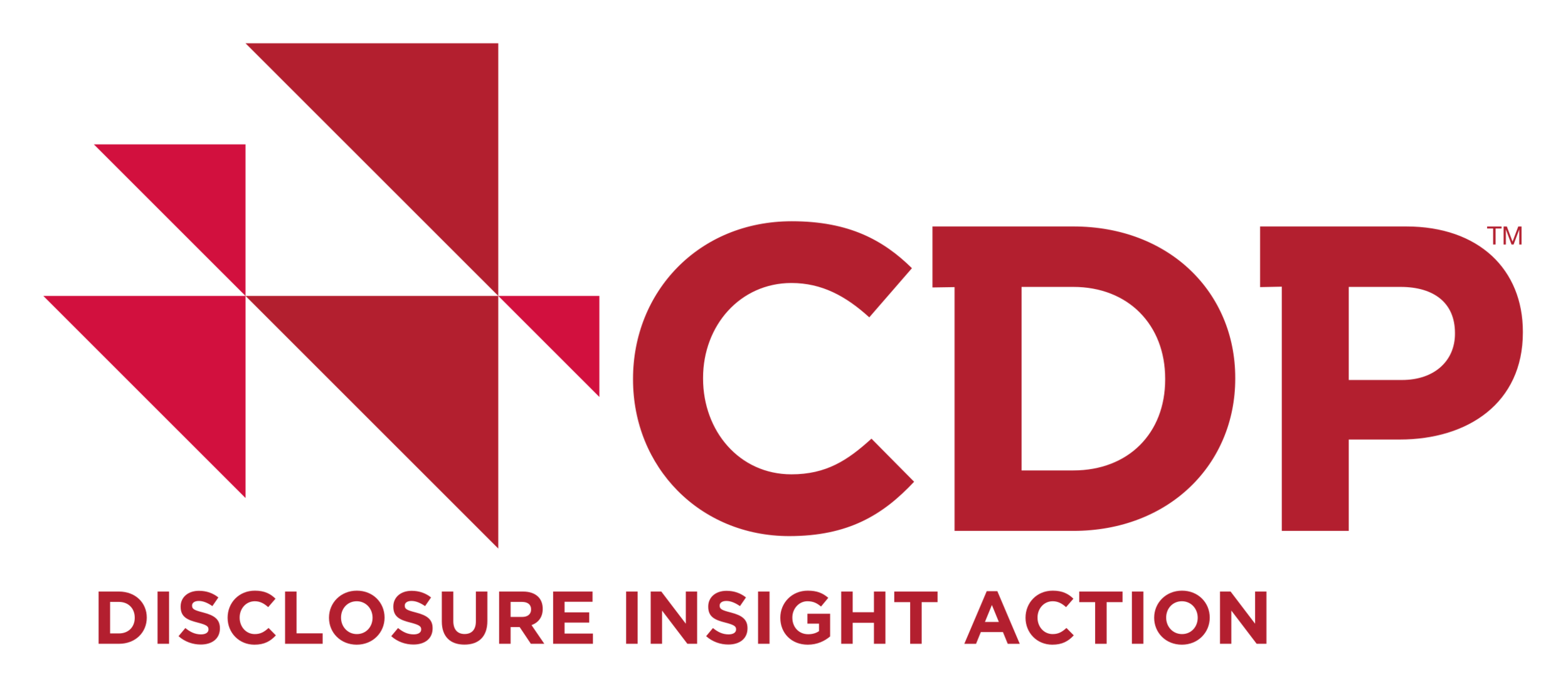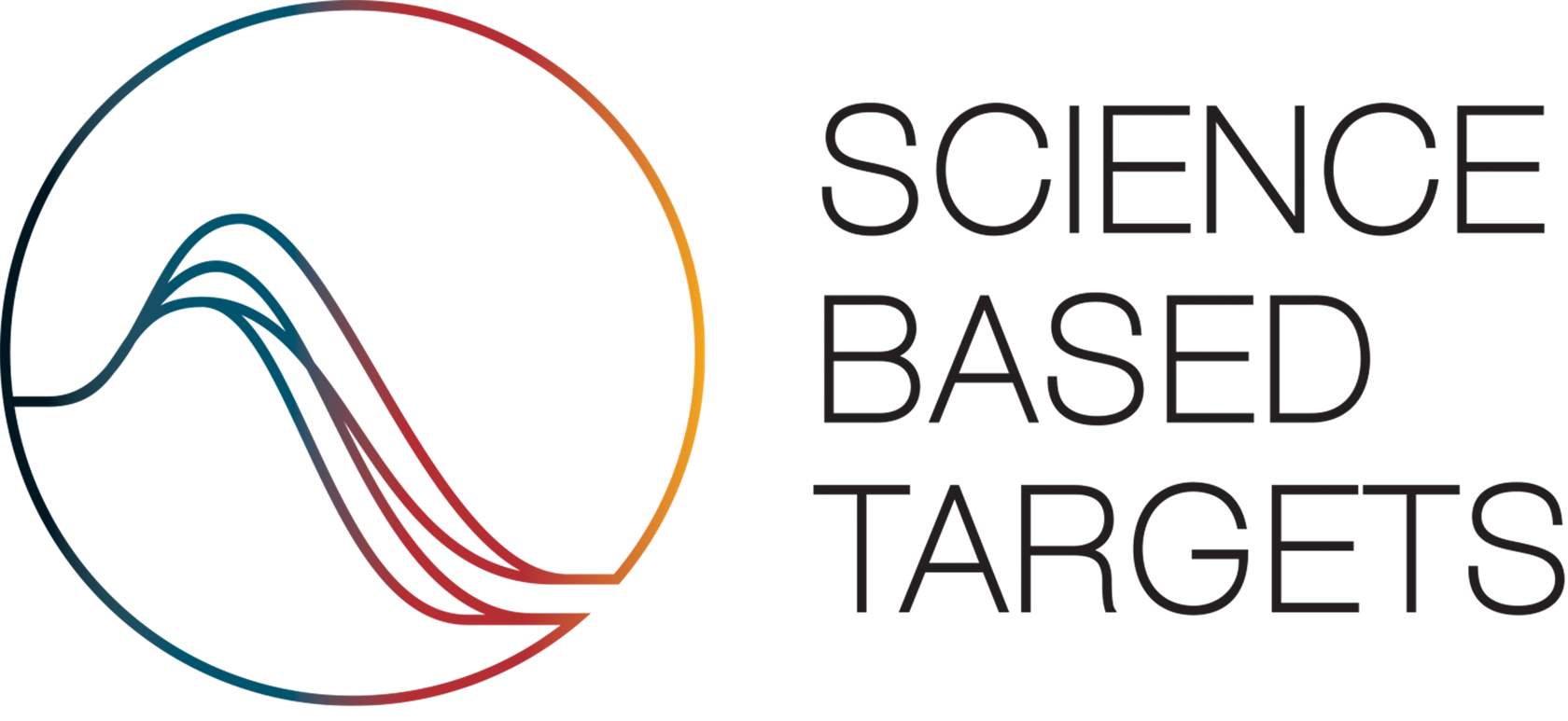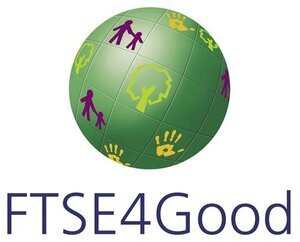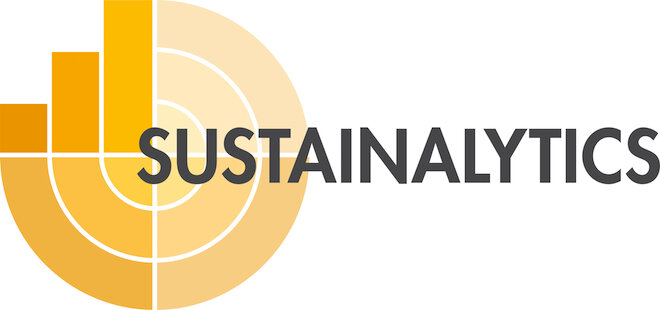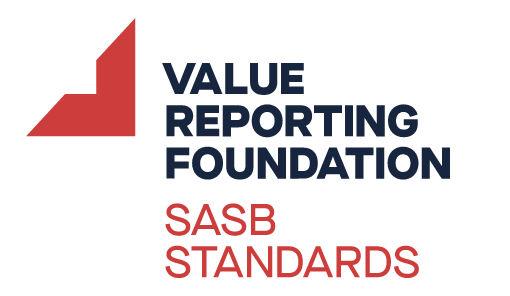Benchmarks & Frameworks
With stakeholder pressure and competition in the market, transparent ESG benchmarking has become an increasingly important way for businesses & investment funds to measure and communicate their sustainability performance.
Orbis Advisory can help your organisation choose the most appropriate benchmark and help you through the process from the corporate level right down to your company’s individual assets or office spaces. We have experience delivering a variety of sustainability benchmarks and below are further details on a few of the key ones.
-
The Task Force on Climate-related Financial Disclosure (TCFD) was set up to focus on the financial impact of climate-related risks and opportunities on organisations, and provide a consistent disclosure framework to overcome climate-related disclosure challenges for issuers, investors, lenders, insurers, and regulators.
Aligning with and implementing the recommendations of TCFD can lead to benefits, such as better access to capital by increasing investor confidence that the company’s climate-related risks are appropriately managed, effectively meeting disclosure requirements, increasing awareness of climate-related risks and opportunities for the company to inform strategic planning, and reducing the number of climate-related disclosure requests from investors.
There are 4 key pillars of TCFD to align with:
Governance
Strategy
Risk Management
Metrics & Targets
Orbis Advisory can help businesses build resilience to both transitional and physical risks through disclosure and choosing the correct scenario analysis for your business. We can also help businesses align with TCFD for other benchmarks such as GRESB and CDP, which are increasingly aligning their benchmarks to this.
-
The UN Principle for Responsible Investment (PRI) is the world's leading proponent of responsible investment at the corporate or company level.
It works to understand the investment implications of environmental, social and governance (ESG) factors and to support its international network of investor signatories in incorporating these factors into their investment and ownership decisions.
The Six Principles:
We will incorporate ESG issues into investment analysis and decision-making processes.
We will be active owners and incorporate ESG issues into our ownership policies and practices.
We will seek appropriate disclosure on ESG issues by the entities in which we invest.
We will promote acceptance and implementation of the Principles within the investment industry.
We will work together to enhance our effectiveness in implementing the Principles.
We will each report on our activities and progress towards implementing the Principles.
Signing the internationally-recognised PRI allows your organisation to publicly demonstrate its commitment to responsible investment, and places it at the heart of a global community seeking to build a more sustainable financial system.
Any organisation fitting one of the three signatory categories below can sign up to the PRI. Commitment is required from the very top of the organisation, across the entire investment business.
Asset Owners
Investment Managers
Service Providers
Orbis Advisory can help your company align with and become a signatory to the PRI.
-
The Global Real Estate Sustainability Benchmark (GRESB) assesses the sustainability performance of real estate, debt and infrastructure funds worldwide, which is of great significance considering 98% of investors use ESG data in their investment process.
A GRESB score provides property fund and asset managers with a third-party verified assessment of their investments’ environmental performance, based on key sustainability performance indicators. The assessments are guided by what investors and the industry consider to be material issues in the sustainability performance of real asset investments. Assessments are aligned with international reporting frameworks such as GRI and PRI.
GRESB-aligned companies will need to assess their portfolio against the following indicators:
Management
Policy and disclosure
Risk and opportunities
Monitoring and EMS
Performance indicators
Building certification
Stakeholder engagement
Orbis Advisory can help your company align with GRESB.
-
CDP, formerly the Carbon Disclosure Project, runs a global disclosure system that enables companies, cities, states and regions to measure and manage their environmental impacts.
Working on behalf of institutional investors, CDP requests companies to disclose their climate change risks, carbon emissions and water use information.
To maximise the benefits of CDP disclosure, understanding the risks and impacts of climate change on your business is vital, alongside accurately measuring carbon emissions, water use, and forest commodities from across your entire value chain.
Main Programmes:
Climate Change Questionnaire: requires disclosure of greenhouse gas emissions, energy use and climate risk.
Supply Chain Questionnaire: similar to the Climate Change Questionnaire, but the supply chain questionnaire is targeted at companies that are part of corporate supply chains.
Water Questionnaire: assessment of existing and future water risk, water strategy and water use information including relevant water reduction targets.
Forests Questionnaire: assessment of deforestation related activities/commodities including timber, palm oil, cattle products, and soy.
Orbis Advisory can help your company disclose in alignment with CDP and set itself up for a strong CDP score.
-
Impact investing can be defined as ‘investments made into companies or organisations with the intent to contribute to measurable positive social or environmental impact, alongside financial returns.’
Despite the growth in the impact investing market in recent years, the lack of a common standard for what constitutes ‘impact’ has created confusion for investors. In response, IFC led the initiative to create a framework for impact investing that is focused on ensuring that impact considerations are purposefully integrated throughout the investment lifecycle. This initiative drew on the expertise and experiences of IFC and of leading asset owners, asset managers, and other key market participants.
By providing greater discipline and transparency in impact investing, IFC and the other signatories intended to foster increased mobilisation of capital for impact and a high standard for the social and environmental impact that these funds could achieve.
The 9 Principles:
Define strategic impact objective(s), consistent with the investment strategy.
Manage strategic impact on a portfolio basis.
Establish the manager’s contribution to the achievement of impact.
Assess the expected impact of each investment, based on a systematic approach.
Assess, address, monitor, and manage potential negative impacts of each investment.
Monitor the progress of each investment in achieving impact against expectations and respond appropriately.
Conduct exits considering the effect on sustained impact.
Review, document, and improve decisions and processes based on the achievement of impact and lessons learned.
Publicly disclose alignment with the Impact Principles and provide regular independent verification of the alignment.
Orbis Advisory can help with both aligning funds to the IFC Principles and/or verifying that they meet all the criteria set out in the 9 Principles.
-
The 2030 Agenda for Sustainable Development, adopted by all United Nations member states in 2015, provides a shared blueprint for peace and prosperity for people and the planet, now and into the future.
At its heart are the 17 Sustainable Development Goals (SDGs), which are an urgent call for action by all countries - developed and developing - in a global partnership. Businesses play a vital role in achieving these goals and it sets an excellent vehicle for driving positive change.
Orbis Advisory can help align your business to these goals, integrate them into your strategy and set measurable and achievable Key Performance Indicators (KPIs).
-
The Science Based Targets initiative (SBTi) defines and promotes best practices in emissions reductions and net-zero targets in line with climate science.
As of 2019, nearly 1,000 businesses, with a combined market capitalisation of over $10.8 trillion USD and totalling over 750 million tonnes of CO2e, are setting emissions reduction targets in line with the latest climate science.
By assisting companies to align their strategies with the goals of the Paris Agreement, science-based targets help accelerate the transition to a low carbon economy and avoid the worst effects of climate change. However, setting a science-based target also presents clear business benefits: boosted brand reputation, investor confidence, innovation, resilience and competitive edge as well as bottom-line savings.
Orbis Advisory can help you to set science-based targets in line with the latest climate science.
-
The FTSE4Good Index Series is designed to measure the performance of companies demonstrating strong Environmental, Social, and Governance (ESG) practices.
FTSE4Good indexes can be used by a wide variety of market participants for multiple purposes: the creation of financial products; research on sustainable companies; as a reference against which companies can assess their ESG progress; and as a benchmark index to track sustainable investment portfolios’ performance.
For a company to be included in the FTSE4Good Index, it must consistently demonstrate strong ESG risk management practices.
Orbis Advisory can help you submit to be included in the Index Series and maintain leading corporate practices to remain in the index.
-
Sustainalytics’ ESG Risk Ratings are designed to help investors identify and understand financially material ESG risks to companies. They measure the potential impact of ESG issues on enterprise value, by providing a quantitative measure of unmanaged ESG risk.
Every year, companies are placed into five ‘buckets’ of risk (negligible, low, medium, high, severe) and are allocated a score out of 100, where 100 is the most severe. This figure is absolute, thus allowing for cross-sectorial comparisons, and is available to Sustainalytics clients, including hundreds of the world’s leading asset managers and pension funds.
Sustainalytics’ rating looks at two dimensions of risk: exposure and management, with a combination of the two leading to the final assessment. It uses thousands of publicly available data sources such as company publications, new sources, social media and NGOs, and also allows companies the opportunity to input and comment on a draft report with any further data for consideration.
Orbis Advisory can help your business prepare for and analyse its Sustainalytics rating.
-
MSCI ESG Ratings provide insights into ESG risks and opportunities within multi-asset class portfolios.
Companies are rated according to their exposure to industry-significant risks and their ability to manage those risks relative to industry peers (differing from Sustainalytics, which is comparable across industries). It is used by 46 of the top 50 asset managers and over 1,200 investors worldwide.
MSCI collects and uses the most relevant publicly available data from thousands of sources such as company reports, performance data, social media and government data. Companies are also invited to participate in a formal data verification process prior to publication of their ESG Ratings report, to review and comment on the facts contained.
Risk exposure is based on company-specific factors, such as the core product and location of operations. Risk management looks at the extent to which a company has developed strategies and demonstrated a strong track record of managing its specific level of risk. Each company’s Final Industry-Adjusted Score corresponds to a rating between best (AAA) and worst (CCC).
Orbis Advisory can help your company set itself up for a strong MSCI rating.
-
The Partnership for Carbon Accounting Financials (PCAF) is a global partnership of financial institutions that aim to develop and implement a united approach to assets and disclose the greenhouse gas (GHG) emissions associated with their loans and investments.
PCAF’s accounting approach provides the starting point required for financial institutions to set science-based targets and align their portfolio with the 2015 Paris Agreement. It has created an open-source global GHG accounting standard called the Global GHG Accounting and Reporting Standard for the financial industry to do precisely this.
Orbis Advisory can assist your institution in aligning to the accounting standard developed by PCAF and set you on a path consistent with global targets to limit global warming to well below 2 degrees by 2050.
-
The Sustainability Accounting Standards Board (SASB) is an independent non-profit that aims to develop and distribute accounting standards that help public corporations disclose sustainability-related information. It seeks to develop a common language regarding the financial impacts of sustainability for businesses and investors.
The Standards identify subgroups of ESG issues most relevant to financial performance in specific industries, covering 77 industries in total.
At Orbis Advisory, we can assist your company to align with the SASB standards.
For more information on how Orbis Advisory can help your business with Benchmarks & Frameworks, please contact us.
